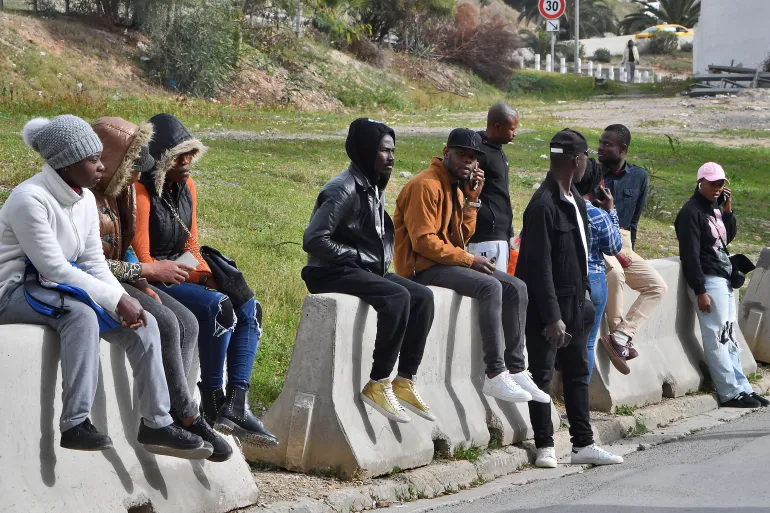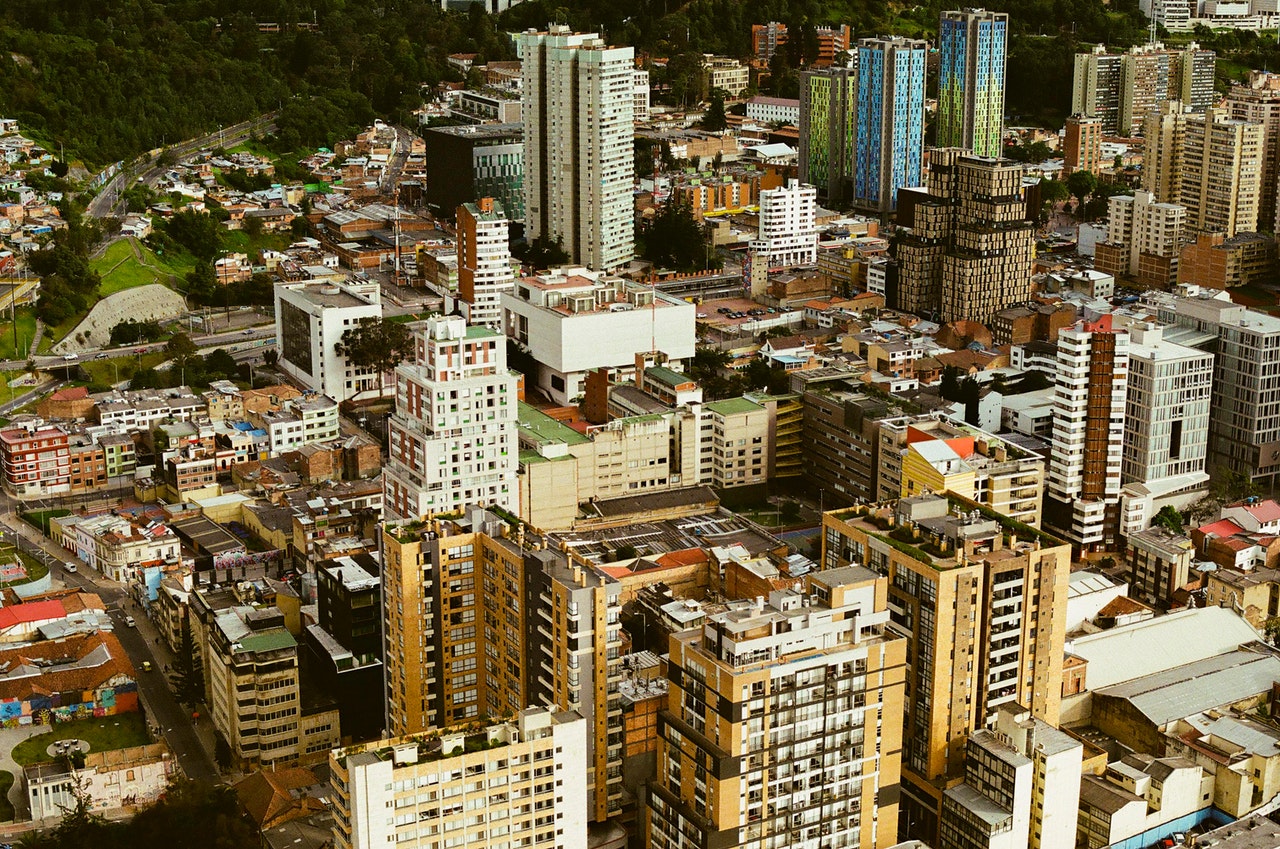Refugees, however, claim they are left to endure the desert heat with limited access to food and water. Tunisia, a key route for migration to Europe, has faced criticism from human rights organizations as authorities rounded up refugees and asylum seekers and expelled them to a remote buffer zone along the Tunisia-Libya border.
The Tunisian government accused unnamed foreign powers of seeking a different approach to settle refugees and spreading misinformation about Tunisia.

The remarks were made following a meeting between President Saied and Prime Minister Bouden, focused on addressing “irregular migration,” as stated by the president’s office.
President Saied emphasized that Tunisian security forces had protected those foreigners who aimed to settle in the country, stating, “Tunisia is not a furnished apartment for sale or rent.”
Libya has requested that Tunisia relocate the refugees away from the border area. Human Rights Watch (HRW) recently reported that Tunisian security forces collectively expelled hundreds of African refugees and asylum seekers.
HRW urged Tunisia to halt forced removals of sub-Saharan Africans and urgently provide humanitarian assistance to those sent to the perilous border area.
A 21-year-old refugee from The Gambia, Bugata Gambe, expressed his ordeal of being expelled to the desolate area in Libya, where Tunisian authorities have failed to provide food or water. Gambe described the situation as extremely challenging and expressed a strong desire to leave the area.
Earlier this month, clashes between refugees and residents in the coastal city of Sfax resulted in the stabbing death of a Tunisian man. Sfax serves as a significant launching point for asylum seekers heading to Italy.
Additionally, on Sunday, a boat carrying Tunisians attempting to cross the Mediterranean to Italy sank, leaving at least one person dead and 10 others reported missing. The Tunisian coast guard rescued 11 individuals from the boat, which departed from the coastal town of Zarzis.
Following President Saied’s announcement of a stricter approach towards refugees earlier this year, racially motivated violence against foreigners has increased in Tunisia.
The country has witnessed a surge in such incidents after President Saied’s speech in February, where he referred to “hordes of irregular migrants from sub-Saharan Africa” bringing “violence, crime, and unacceptable practices.”






